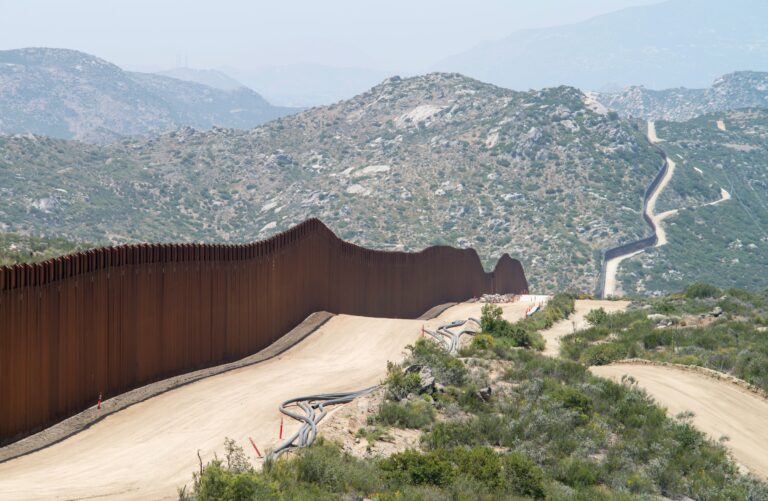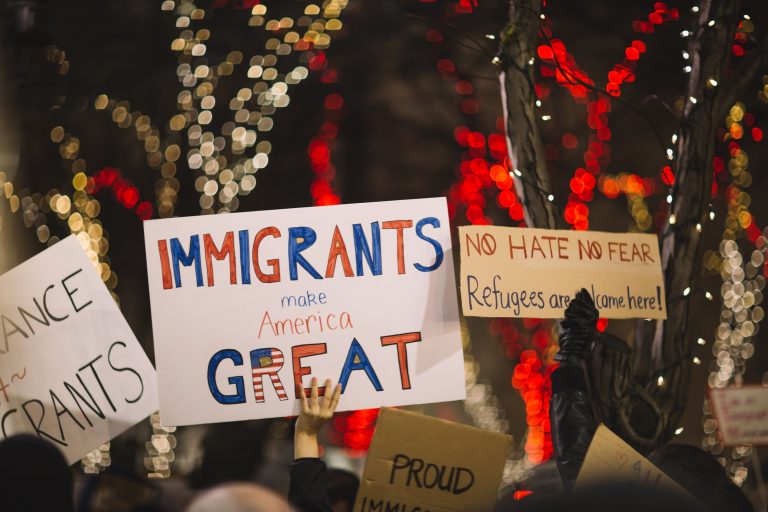Social Identity Complexity and Affective Polarization in the American Electorate
- September 30, 2022
- Godswill Osa
Rising levels of affective polarization have drawn increased attention and concern amongst public opinion and political behavior scholars. Affective polarization has been characterized as the source of increased partisan rancor, division, and has even been characterized as a threat to democratic norms and democracy itself. It’s importance and potential consequences begs the question as to what its foundations are. Seminal work that established the existence of affective polarization as a phenomenon, posits that its foundations lay in the increased sorting of social identities underneath an overarching partisan identity. While these works highlight the importance of identity, they fail to address the underlying mechanisms of partisan identity formation and its change over time.
Borrowing from social identity theory and social identity complexity theory, this paper explores the mechanisms of identity formation, particularly, how the fusion of nonpolitical identities with political identities, underlie the mechanism by which identity sorting, and ultimately, affective polarization exists within the mass public. By utilizing ANES data from 2012 – 2020, I find that increased fusion between racial and religious identities with partisan identity predicts increases in affective polarization over time.








